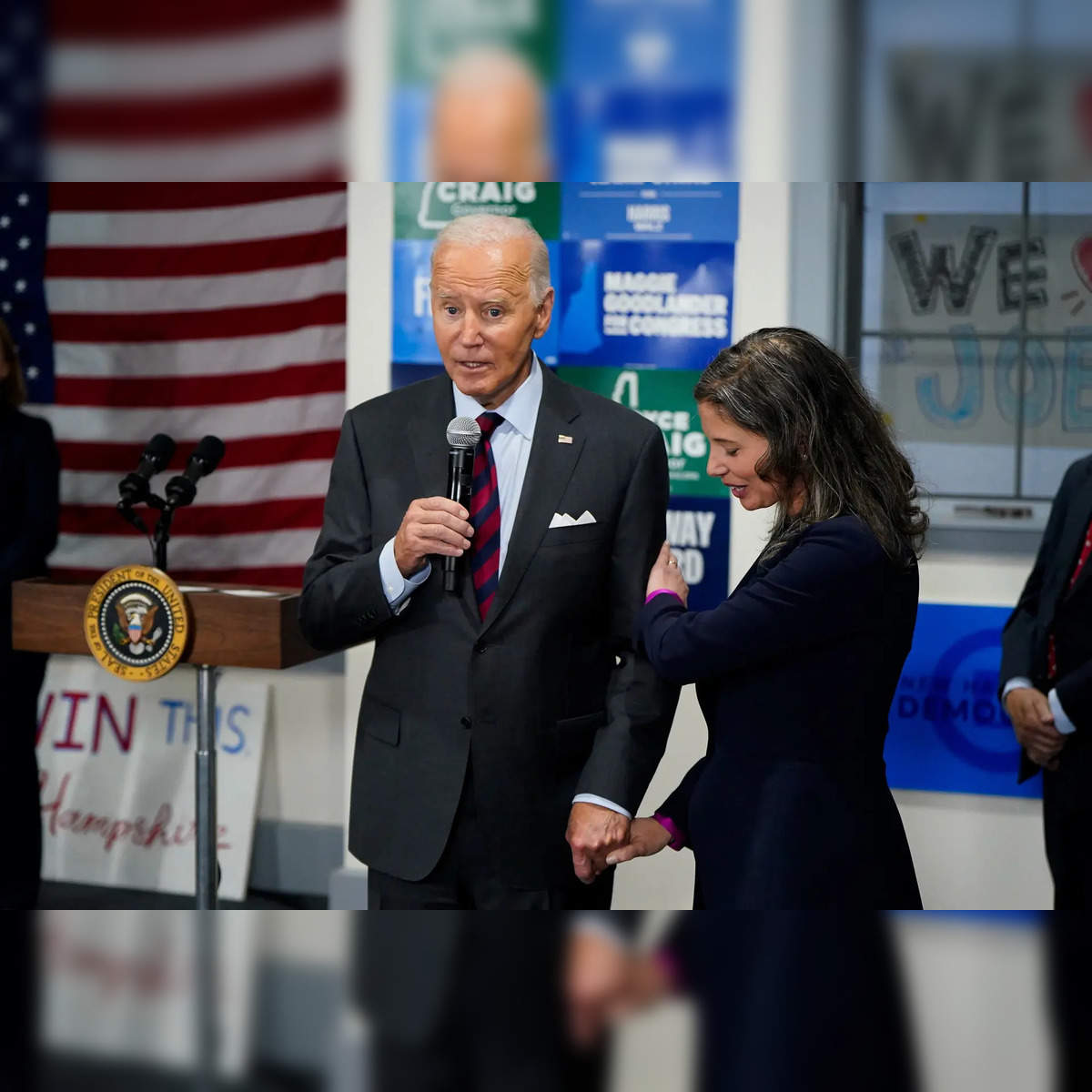Biden’s Final Foreign Policy Address: A Legacy in Transition
On Monday, President Joe Biden marked a significant moment in his administration’s history as he delivered his final remarks from the State Department. With just a week left in his four-year term, Biden addressed the current state of U.S. foreign policy and national security amid a major political transition, as President-elect Donald Trump is set to reclaim the presidency.
A Hand Left to Play
While Biden chose not to directly reference his predecessor or the incoming commander-in-chief by name, he made note of the complex landscape shaped by the previous administration. Despite the challenges, he confidently asserted that he is leaving behind a “strong hand to play” in terms of America’s standing on the global stage.
Pushing for Peace in the Middle East
During his address, Biden called for an immediate ceasefire concerning ongoing conflicts in the Middle East, notably in discussions with Israeli Prime Minister Benjamin Netanyahu. This appeal comes amid escalating tensions and violence in the region, highlighting Biden’s commitment to a more diplomatic approach as he concludes his presidency.
Reflections on Afghanistan
A significant portion of Biden’s speech focused on the contentious U.S. withdrawal from Afghanistan, a move that has sparked both support and criticism. The decision culminated in chaotic scenes in Kabul, especially following a devastating ISIS-K attack at the Abbey Gate, which resulted in the deaths of 13 American service members and approximately 140 Afghan civilians.
Biden took a moment to reflect on his unique position, stating, “I am the first president in decades who’s not leaving a war in Afghanistan to his successor.” This claim underscores a drastic shift in U.S. military engagement abroad, particularly in a conflict that has consumed resources and lives for over 20 years.
A Calculated Decision
Elaborating on the rationale behind the withdrawal, Biden revisited the 2011 operation that led to the elimination of Osama bin Laden, the architect of the September 11 attacks. He emphasized a paradigm shift in military strategy upon taking office, reinforcing his belief that a significant troop presence was no longer necessary in Afghanistan.
“I had a choice to make when I took office,” Biden explained, reflecting on the challenges he faced. “I saw no reason to keep thousands of servicemen in Afghanistan. In my view, it was time to end the war and bring our troops home, and that’s exactly what we did.” This statement encapsulates his administration’s broader objective of re-evaluating U.S. military engagement and prioritizing diplomatic negotiations over prolonged conflicts.
Global Engagement and Future Outlook
President Biden’s address also touched on the importance of maintaining alliances and partnerships that have been pivotal in ensuring global stability. Throughout his tenure, he has sought to strengthen relationships with NATO allies and engage in cooperative efforts to address pressing issues such as climate change, cybersecurity, and international trade.
The outgoing president’s optimism regarding U.S. foreign policy reflects a commitment to multilateralism, aiming to re-establish the United States as a reliable partner on the world stage after years of isolationist tendencies under the previous administration.
Legacy in Transition
As Biden prepares to hand over the reins to Trump, he faces the monumental challenge of ensuring that his foreign policy accomplishments are recognized amid the uncertainties that a new administration may bring. The implications of his decisions, particularly regarding troop withdrawals and international obligations, will likely shape the future discourse on U.S. foreign relations.
This moment also serves as a reminder of the fluid nature of politics and the continual shifts in policy direction that accompany new leadership. The next president’s approach to foreign affairs will invariably impact various global dynamics, from the Middle East to China, and beyond.
Looking Ahead
While Biden’s address was filled with reflections on the past, it also hinted at the ongoing challenges that lie ahead. The current geopolitical landscape is fraught with complexity, and the incoming administration will need to navigate issues such as national security, economic stability, and climate change with a fresh perspective.
As Biden’s presidency draws to a close, the focus now shifts to the forthcoming administration and how it will engage with the legacy President Biden leaves behind. The decisions made in the coming days and months will shape the future trajectory of U.S. foreign policy and will be closely watched by both allies and adversaries alike.
This story is still developing.
This rewritten article maintains the core content while expanding upon the sections for a more comprehensive and engaging read, following a journalistic style. The HTML structure allows for web publication with appropriate styling for readability.
